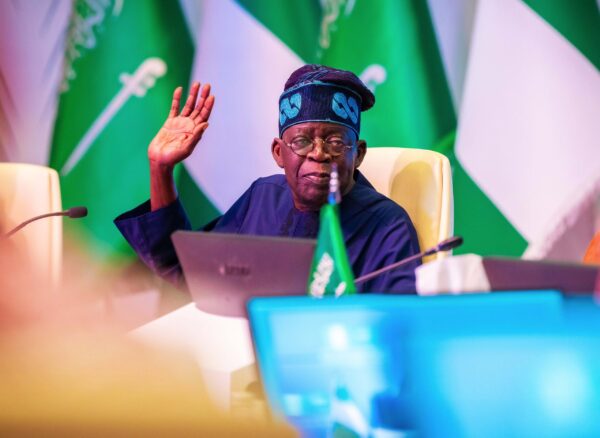7% annual economic growth by 2027. This is the goal set by Nigerian president Bola Tinubu, with the ambition of lifting millions of Nigerians out of poverty. Furthermore, Nigerian authorities forecast a fourfold increase in the size of the economy by 2030.
The announcement was made on Wednesday, August 13 by the head of state who, taking office in May 2023, has implemented radical measures including the removal of subsidies on fuel and electricity, and the devaluation of the local currency, the naira, twice in order to boost growth. One of the consequences of these actions is the exacerbation of the cost of living crisis that has plagued Nigerians for decades. In addition, these measures have not yet led to accelerated growth.
Indeed, the Nigerian economy grew by 3.13% in the first quarter of 2025, driven by a new calculation base for the GDP. This revaluation increased the size of the economy to around $243.55 billion, but growth remained below expectations.
The government has options such as “retaining revenues and deductions from the federal account”, including “fees charged by agencies such as the tax administration, customs, and the national oil company NNPC Ltd”, as outlined by President Tinubu. Furthermore, he reminds that the Petroleum Industry Act (PIA) currently allows NNPC, the national oil company, to retain 30% of certain revenues for the management of oil and gas operations, and to deduct 30% of its profits to finance exploration in less explored basins.
It is worth noting that President Tinubu had previously set a growth target of 6% when he came to power two years ago.


